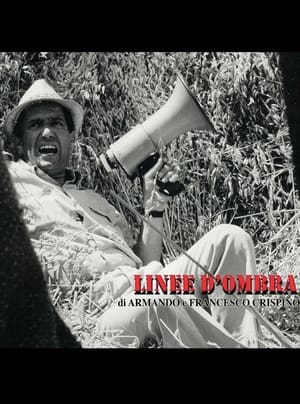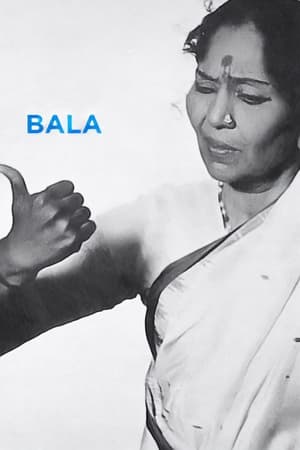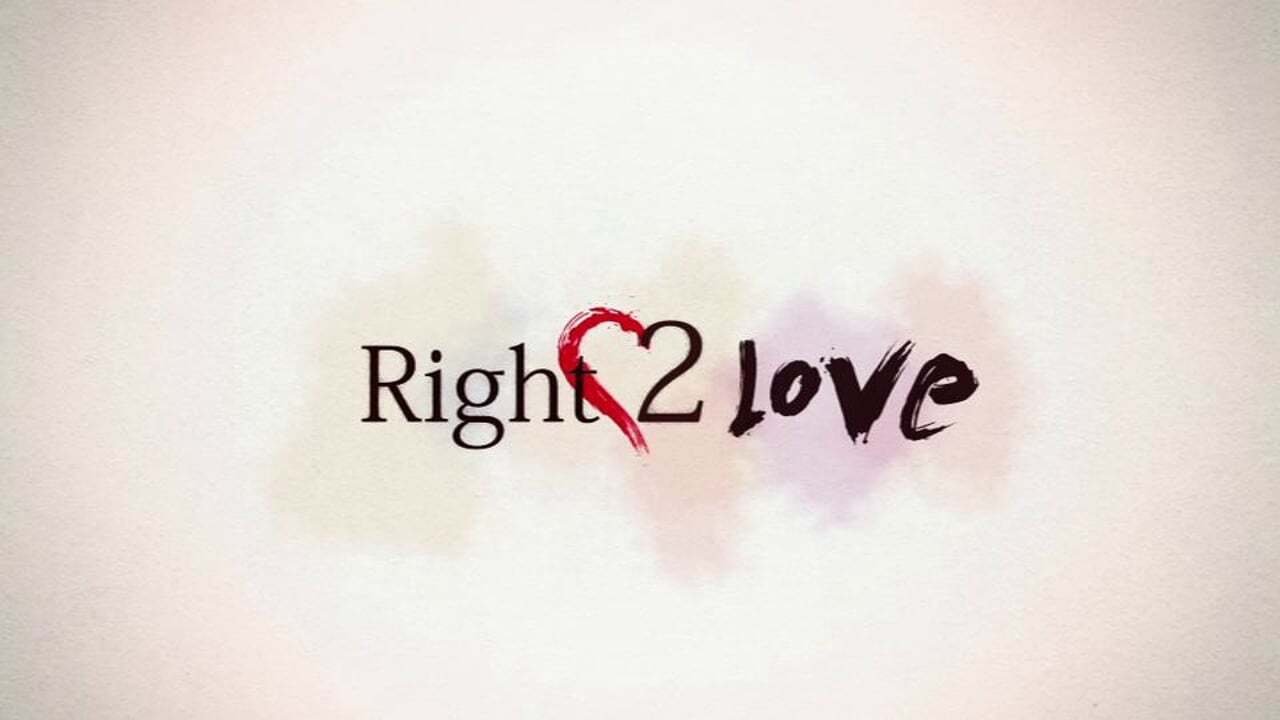

Right2Love(2012)
A fascinating and intimate exploration of the daily lives and struggles of 7 LGBT families in 7 different European countries: The Netherlands, Spain, Italy, France, Greece, Switzerland and in Catalonia. Although separated by borders, they are all united in their struggle to have LGBT family rights recognized. The differences between countries are highlighted, from having full equality in some, to a total lack of rights in others: we are exploring those different laws and irregularities, realizing how the children of LGBT families are being made vulnerable across Europe.
Movie: Right2Love
Top 2 Billed Cast
Gianfranco Goretti
Tommaso Giartosio

Right2Love
HomePage
Overview
A fascinating and intimate exploration of the daily lives and struggles of 7 LGBT families in 7 different European countries: The Netherlands, Spain, Italy, France, Greece, Switzerland and in Catalonia. Although separated by borders, they are all united in their struggle to have LGBT family rights recognized. The differences between countries are highlighted, from having full equality in some, to a total lack of rights in others: we are exploring those different laws and irregularities, realizing how the children of LGBT families are being made vulnerable across Europe.
Release Date
2012-03-25
Average
0
Rating:
0.0 startsTagline
Genres
Languages:
Keywords
Similar Movies
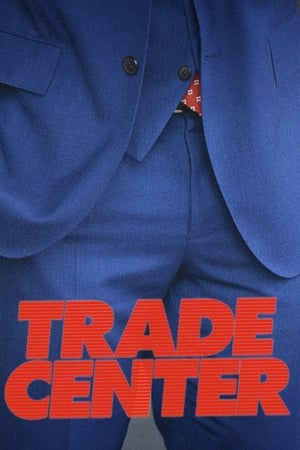 4.2
4.2Trade Center(en)
The voices of five gay men who cruised for sex at the World Trade Center in the 1980s and 1990s haunt the sanitized, commerce-driven landscape that is the newly rebuilt Freedom Tower campus.
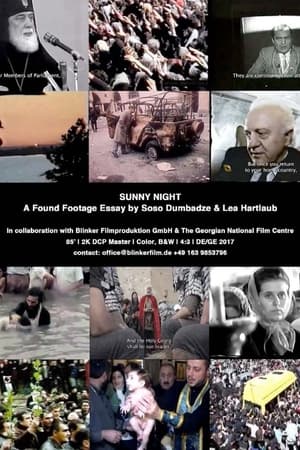 0.0
0.0Sunny Night(ka)
On 25th December 2011 the Georgian Patriarch Ilia II described his 34 year-long leadership as head of the Georgian Orthodox Church as a ‘sunny night’. Beginning in 1989, and going up to the present, the film essay Sunny Night tells of political and social events since Georgian Independence. A variety of formats and sources, disparate images and voices report on protests, recommencements, uproars and wars, and religious identity that centres around the dominant religion of the nation. In the midst of the ongoing shifts and the various state of affairs, the patriarch stands out as the only constant figure. Meanwhile the sermonised religion begins to take on radical forms, going as far as priests forming front row human-chains, leading protests of several thousand orthodox believers chasing a handful of LGBT activist throughout the streets of Tbilisi in May 2013.
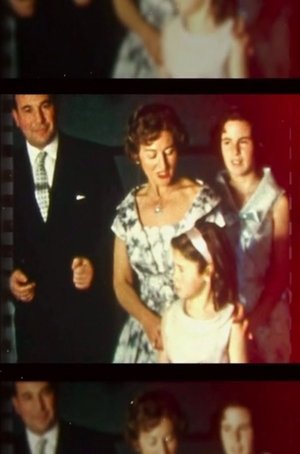 0.0
0.0Man on the Bus(en)
Can a secret change who you are? Mysterious events unfold and reveal how Martha, a Polish holocaust survivor, managed to lead a double life in Australia. The vivacious Jewish artist and doting mother, died without ever revealing her secret. The film follows Martha’s daughter Eve, over a decade, as she unlocks the mystery behind the streets named Eve and Martha. Clues are found in old recordings and Martha’s home movies revealing a mystery man gazing into the lens. Eve’s investigation leads her to the Sobieski castle in the Ukraine, the site of a massacre where her grandmother died, and the Eichmann trial as she explores her parents’ holocaust survival and her father’s heroic escape from a concentration camp. When a ‘doppelgänger’ contacts Eve, her life is forever altered, as she uncovers lies, tracks down her mother’s young lover and reveals the family secret that led her to rewrite her entire life.
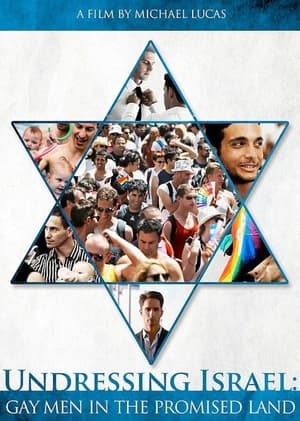 4.9
4.9Undressing Israel: Gay Men in the Promised Land(en)
When many people think of Israel, it is often in terms of modern war or ancient religion. But there is much more to the Jewish state then missiles and prayers. In his debut as a documentary filmmaker, adult-film entrepreneur and political columnist Michael Lucas examines a side of Israel that is too often overlooked: its thriving gay community. Undressing Israel features interviews with a diverse range of local men, including a gay member of Israel's parliament, a trainer who served openly in the army, a young Arab-Israeli journalist, and a pair of dads raising their kids. Lucas also visits Tel Aviv's vibrant nightlife scene-and a same-sex wedding-in this guided tour to a country that emerged as a pioneer for gay integration and equality.
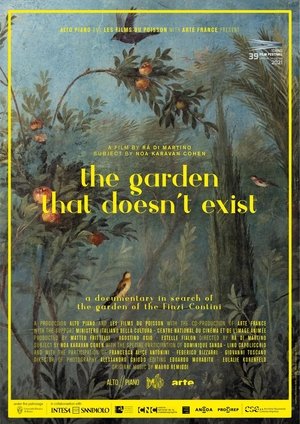 6.2
6.2The Garden That Doesn't Exist(fr)
Once upon a time there was a garden, a refuge, a safe haven - 'The Garden of the Finzi Continis'. It came to life in Giorgio Bassani's 1962 semi-autobiographical novel recounting an unfulfilled love story between two young Jews in Ferrara, while fascism was raging in Italy in the late 1930's. In 1972, Vittorio De Sica's film adaptation of the book won the Oscar for Best Foreign Language Film. Since then, the fictional space of the garden became so tangible that people from all over the world come to Ferrara to look for it. Fifty years after winning the Oscar, reality and fiction come together once more, as we walk through an imaginary garden and bring to life the book, its author, its main protagonists, history, love, friendships and betrayals.
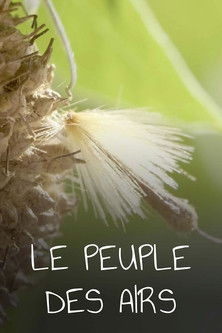 7.0
7.0Le Peuple des airs(fr)
Bacteria, viruses, but also fungi, algae, pollen, and even insects: micro-organisms thrive and circulate constantly in our sky. How can so many living beings find their way into the air and circulate? How do they survive? And what influence do they have on our lives and the living world? Biodiversity, health, climate: it is only recently that scientists have begun to understand how this discreet aerial "plankton" affects our lives and our ecosystem. But despite their many virtues, some of these micro-organisms are now threatened by human activities. With the help of experts and 3D models, this scientific investigation plunges us into the heart of a still mysterious world, and reveals the diversity and fragility of the air we breathe.
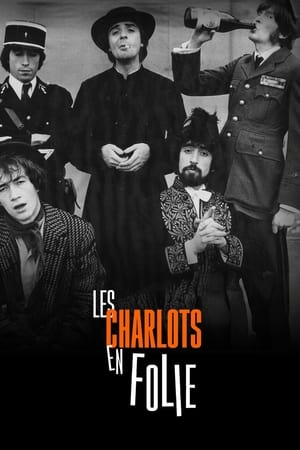 8.0
8.0Les Charlots en folie(fr)
Documentary on Les Charlots, known as The Crazy Boys in the English-speaking world, a group of French musicians, singers, comedians and film actors who were popular in the 1960s, 1970s, and early 1980s.
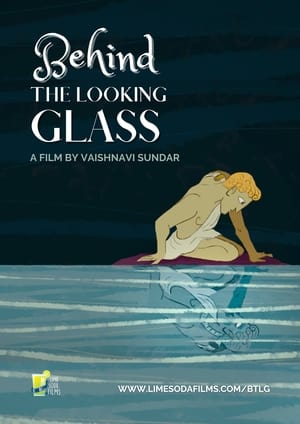 0.0
0.0Behind the Looking Glass(en)
Behind The Looking Glass is a film about the lives of women whose partners have or want to ‘transition’. While we hear a great deal of “stunning and brave” stories of men, there is a deadly silence when it comes to the stories of the wives or partners. This film will be the first of its kind in collecting such experiences of women from around the world.
 5.8
5.8Wer 4 Sind(de)
What is the secret of Germany's most successful hip-hop band? What makes them different? How did they make their mark in German pop culture and develop over the years? A behind-the-scenes look at a band that has written German music history and continues to do so.
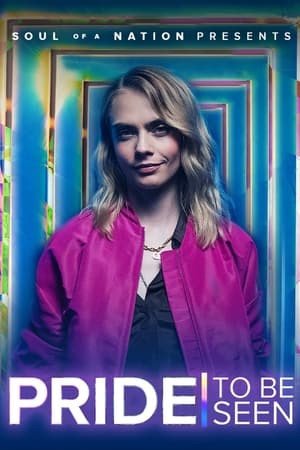 7.5
7.5PRIDE: To Be Seen - A Soul of a Nation Presentation(en)
It’s the resilience and love that keeps this community marching to the beat of its own drum; each generation redefining what it means to be queer and to be seen.
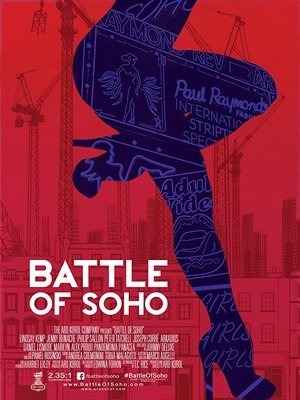 3.5
3.5Battle of Soho(en)
In November 2014 the Iconic club Madame Jojos closed its doors. This event being interpreted by many as the death knell of Soho.The gentrification of Soho affects the LGBT community and its Drag Queen sub-culture, but the cabaret atmosphere of the entire neighborhood in enormous ways. This active pursuit to destroy a bubbling and vibrant part of the city's heart is viewed by many as an atrocity akin to turning the lights off on Broadway. Over 3rd of London's music venues have been closed in recent years and no one noticed. An active movement to bring a halt to this disaster has begun to unfold with one organization after another emerging to fight for Soho. Organizations made up of citizens and celebrities have sprung up to combat this onslaught. Will they win this battle and save Soho?
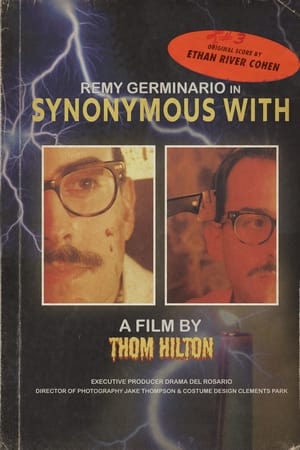 0.0
0.0Synonymous With(en)
A student's increasingly intimate line of questioning causes his interview with a local horror host to take a vulnerable turn.
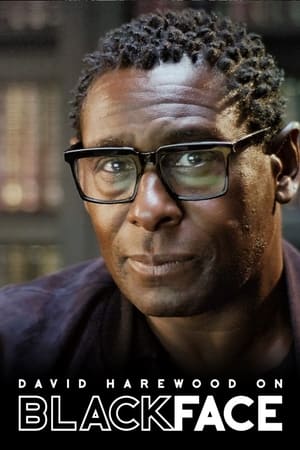 0.0
0.0David Harewood on Blackface(en)
At its peak, The Black and White Minstrel Show was watched by a Saturday night audience of more than 20 million people. David Harewood goes on a mission to understand the roots of this strange, intensely problematic cultural form: where did the show come from, and what made it popular for so long? With the help of historians, actors and musicians, David uncovers how, at its core, blackface minstrelsy was simply an attempt to make racism into an art form - and can be traced back to a name and a date.
Moscow Does Not Believe in Queers(en)
Documentary about the ten days the director spent in Moscow, during the 1986 Moscow Youth Festival, as kind of a gay delegate.
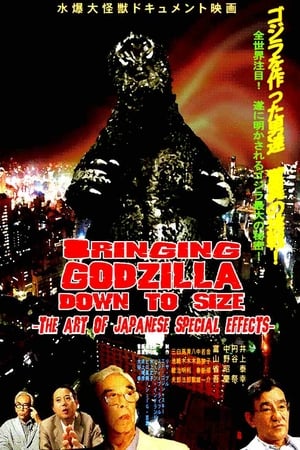 8.4
8.4Bringing Godzilla Down to Size: The Art of Japanese Special Effects(en)
A look at the unrecognized work of the talented artists and craftsmen who've maintained the tradition of Japanese special-effects. Highlighted is Yasuyuki Inoue along with various crew members who crafted meticulously detailed miniatures and risked life and limb as suit actors. All done to bring to life some of film's most iconic monsters through a distinct Japanese artform.
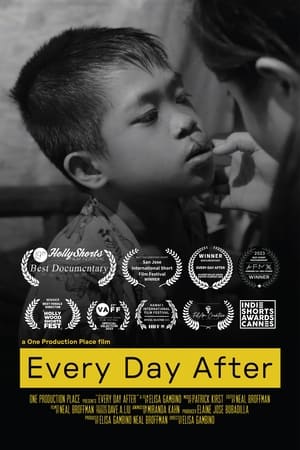 0.0
0.0Every Day After(en)
Growing up in Masbate Province in the Philippines, Jary is neglected and shunned since the moment of his birth for one reason-- his appearance. His older sister, Jessa protects Jary through his early years, then takes him in as a young teen, to raise him alongside her own two children in a fragile house on a hill. Jessa seeks out the medical care Jary has been denied since birth. And more, the support to begin his physical and emotional recovery. Every Day After is a 35-minute documentary film that provides a more nuanced look at the complexities of the healing process we don’t often see. And honors the invisible labor of a sister whose love and action make it possible for Jary to experience the everyday joys and struggles of growing up.
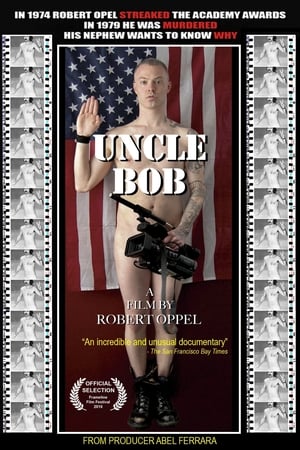 5.0
5.0Uncle Bob(en)
Robert Oppel's documentary about the life and murder of his uncle and namesake, Robert Opel, the man who streaked the Academy Awards in 1974.
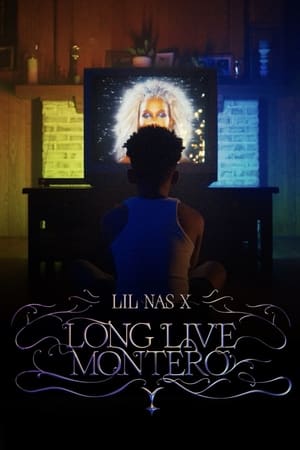 7.0
7.0Lil Nas X: Long Live Montero(en)
A remarkably intimate portrait of an artist on tour navigating identity, family, expectations, and acceptance, all while reflecting on his place within the legacy of Black, queer performers.
